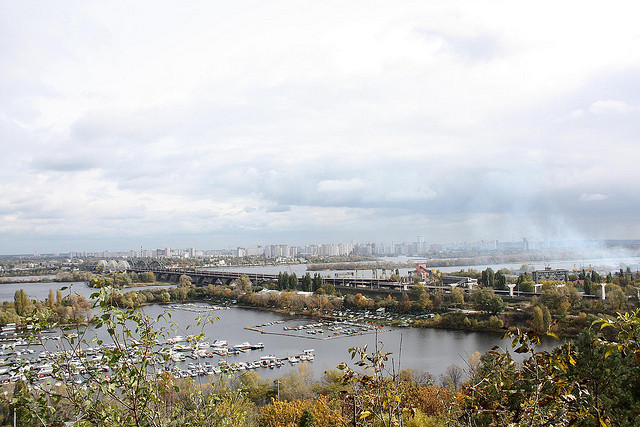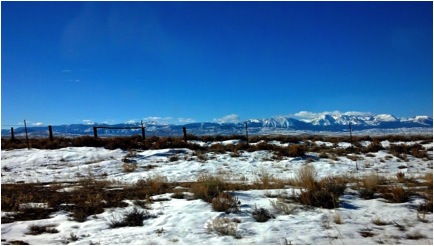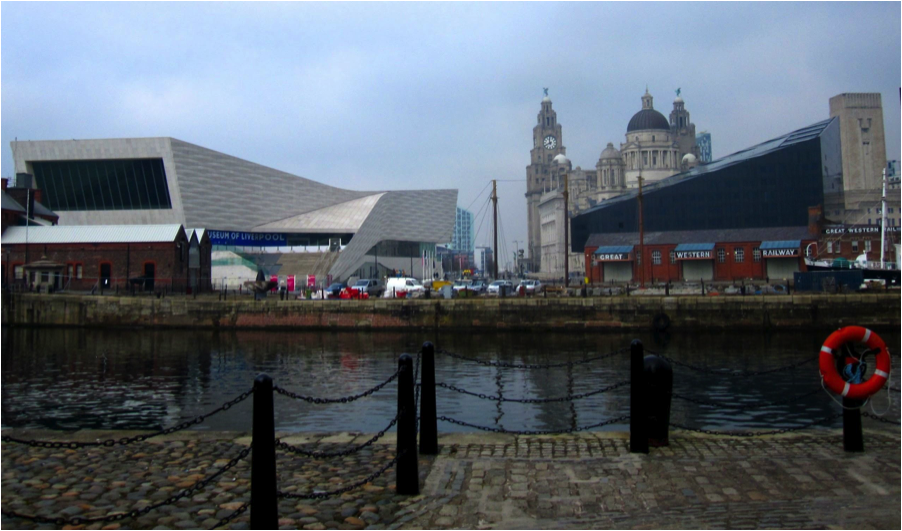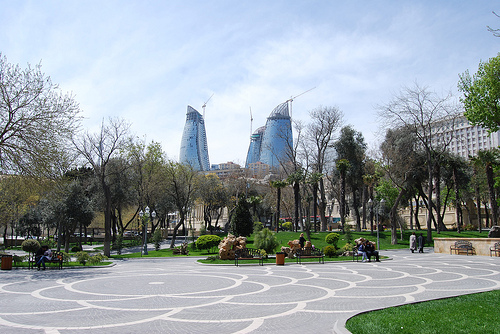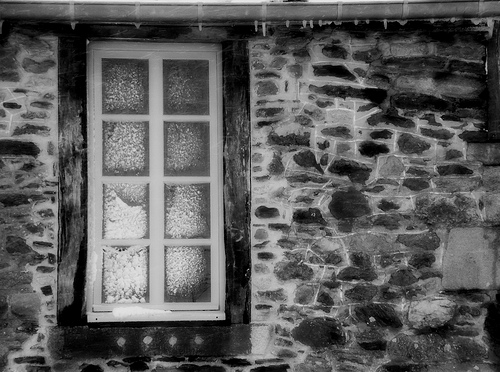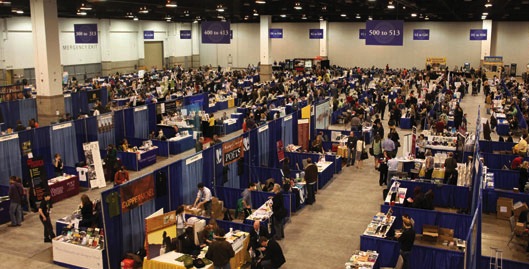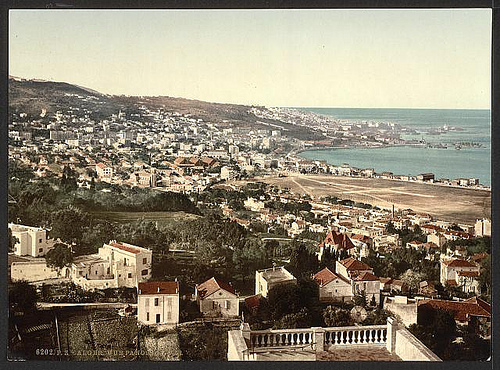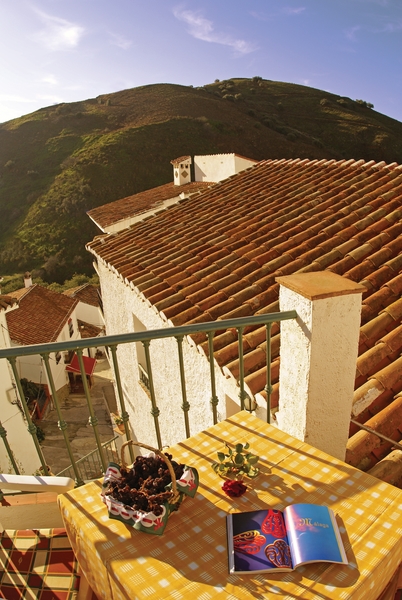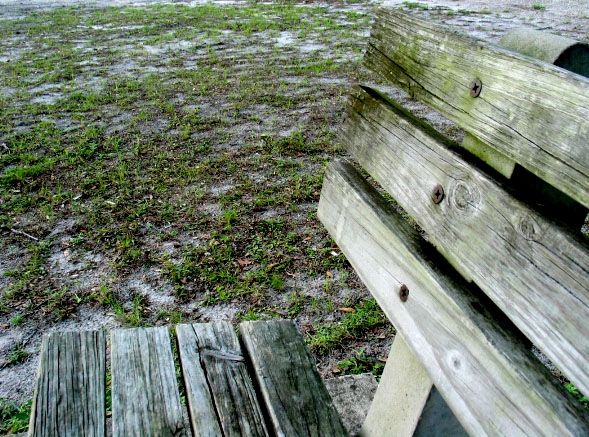By KEANE SHUM
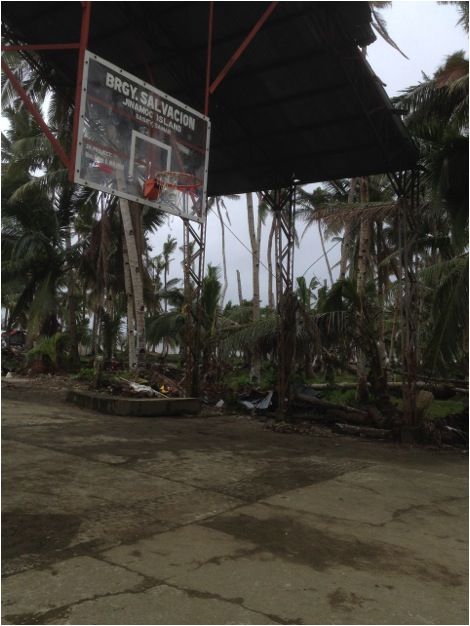
We stood among the wreckage of the barangay captain’s house and his furniture shop and his crumbled internet café, where three months ago you could put a ten peso coin in and for a few minutes connect from this little island to the world out there, beyond Cancobato Bay, the San Juanico Strait and Tacloban. CPU shells lay stacked up like carcasses against one of the few walls still standing, ghosts in the machines, severed cables and keyboard drawers jutting out like compound fractures. The barangay captain has not had time to rebuild. He has a job to do; he is the barangay captain.

